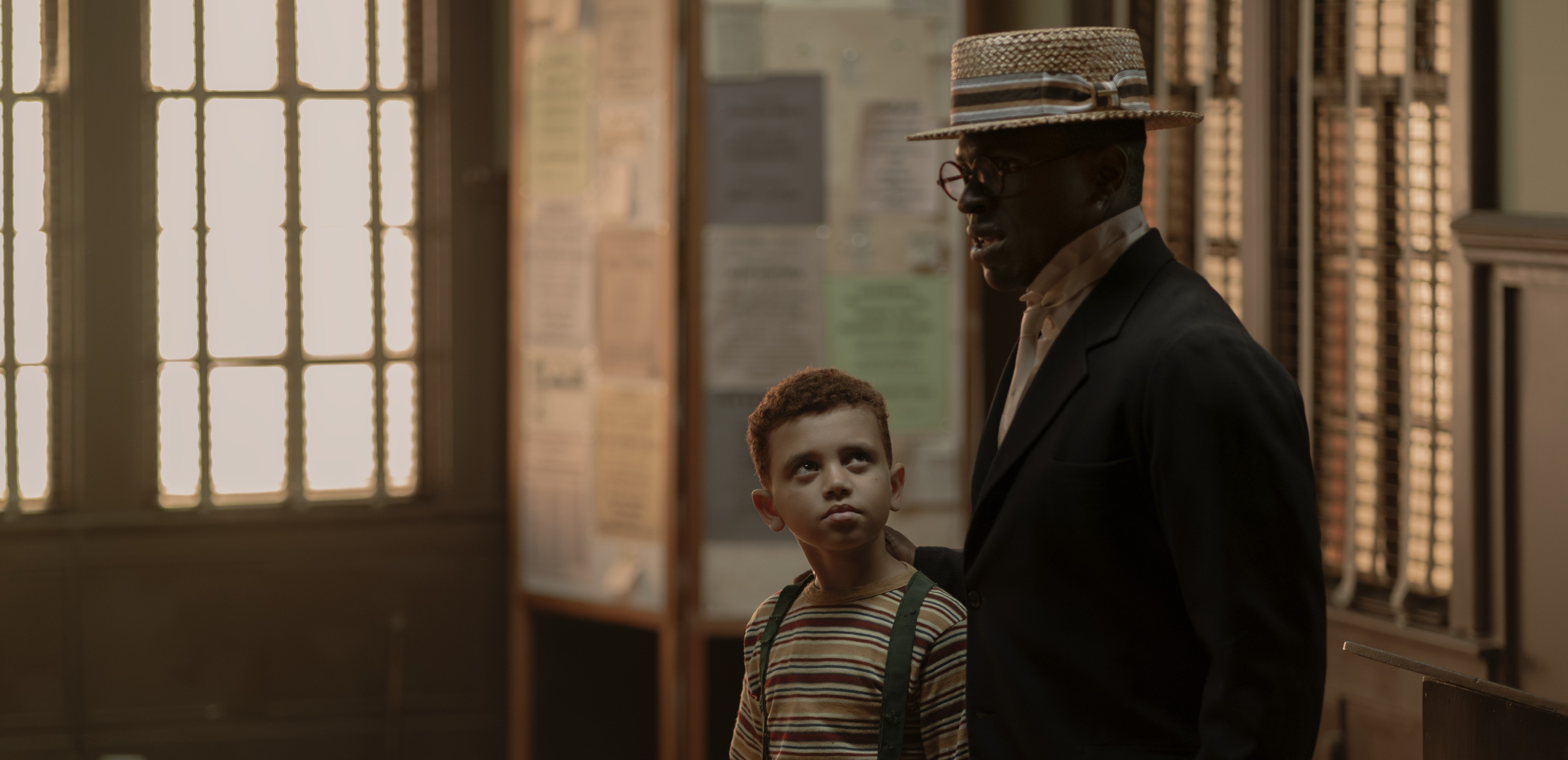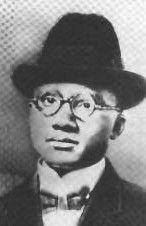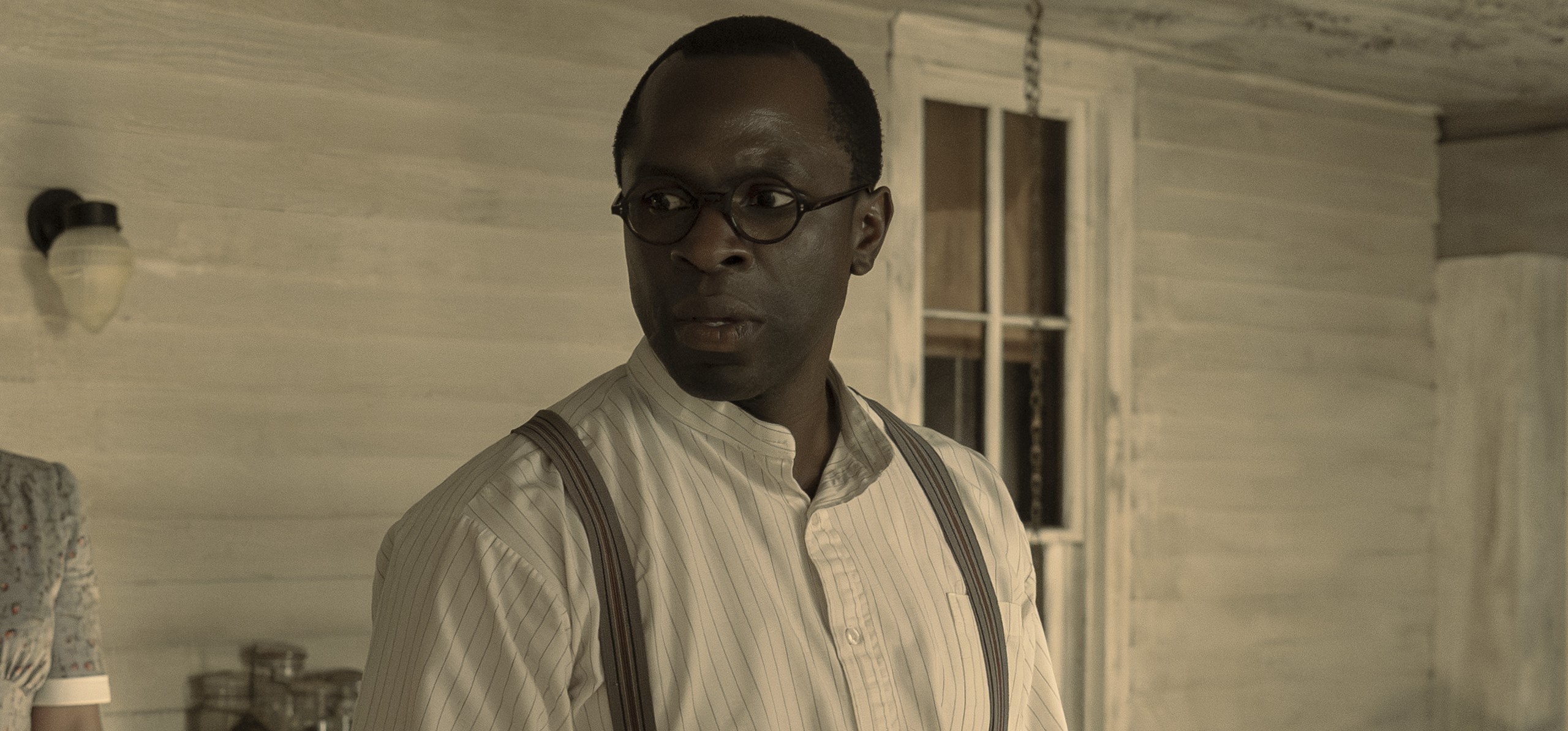National Geographic’s period drama series ‘Genius: MLK/X’ opens a window into the childhood of Malcolm Little, who is globally renowned as Malcolm X. In the show, Malcolm’s father Earl Little is a Baptist minister/speaker who propagates black nationalism to fight and resist the racism and discrimination his community faces. His activities unsettle a group of white people, who threaten him by putting fire on his house. Earl dies ambiguously not long after the incident. In reality, several speculations and theories revolve around his death, which affected Malcolm throughout his life according to his biographers!
Earl Little’s Death
Malcolm X’s father Earl Little died in the second week of September 1931, when the former was just six years old. At the time, the Little family resided in Lansing, the capital of the state of Michigan. One evening, Earl left his home for the northern part of the region to collect “chicken money” from families who purchased poultry from him. He was later found as the victim of a streetcar accident. “The man [Earl] had been cut in two… the accident was quite violent,” the widow of police officer Lawrence G. Baril, who was summoned to the site, recalled, as per Manning Marable’s ‘Malcolm X: A Life of Reinvention.’

The police theorized that “Earl had somehow slipped and fallen while boarding a moving streetcar at night. Perhaps he’d lost his footing and was pulled under the streetcar’s rear wheels, they speculated,” as per Manning’s book. Even though his left arm was crushed and his left leg nearly got severed from his torso, Earl was alive at that point. He was taken to a hospital but eventually died. The coroner at the place ruled his death as accidental as well. However, there were several who believed that Earl was killed, including Louise, Malcolm’s mother.
Accident or Murder?
Louise believed that Earl was murdered, just like several black people who lived in Lansing at the time. “Louise harbored no doubts that her husband had been murdered, possibly by the Black Legion,” Manning’s book reads. The Black Legion was a white supremacist group that was active in the Midwest during the Great Depression of the 1930s. The organization originated from the Ku Klux Klan but the members of the group were differentiated by their black robes and anti-Catholicism. As per Kofi Natambu’s ‘The Life and Work of Malcolm X,’ Earl accused the Black Legion of burning their family home in 1929 as the series depicts.

There were several reasons behind the suspicion that Earl was murdered. First of all, Earl left home for North Lansing but he was found at the intersection of Detroit Street and East Michigan Avenue, which was near the town’s boundary line, where only a few black people lived. “The odd location of the body suggests the possibility that Earl was struck by a car or perhaps bludgeoned in one location, and then moved under a streetcar at another site, making it appear to have been a terrible accident,” Manning’s work reads. The author observed that the possible murder “may have served the same purpose that lynchings did in the South — to terrorize local blacks and to suppress their acts of resistance.”
Malcolm’s older brother Philbert recollected a similar theory. He was told that “somebody had hit my father from behind with a car and knocked him under the streetcar. Then I learned later that somebody had shoved him under that car,” as per Malcolm X: A Life of Reinvention.’ A forensic reconstruction of Earl’s death made it clear that what Philbert learned was possible. The rumors affected Malcolm severely. “In 1963, while visiting Michigan State University, he described Earl’s death as accidental, yet the following year cast his father as a martyr for black liberation,” Manning added in his work.
During his lifetime, Earl was reportedly targeted by white supremacists. Malcolm’s renowned work ‘The Autobiography of Malcolm X’ even opens with a recollection of such an incident. “When my mother was pregnant with me, she told me later, a party of hooded Ku Klux Klan riders galloped up to our home in Omaha, Nebraska, one night,” reads the opening lines of the autobiography. “The Klansmen shouted threats and warnings at her that we had better get out of town because ‘the good Christian white people’ were not going to stand for my father’s ‘spreading trouble’ among the ‘good’ Negroes of Omaha with the ‘back to Africa’ preachings of Marcus Garvey,” the book further reads.
Read More: Where Was Genius: MLK/X Filmed?

